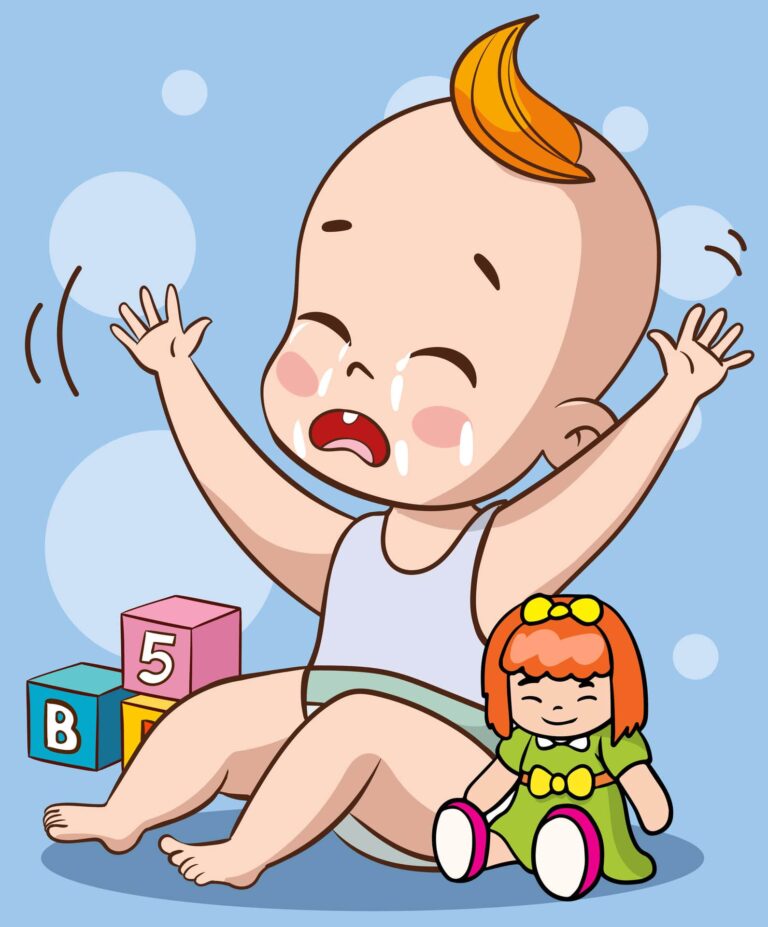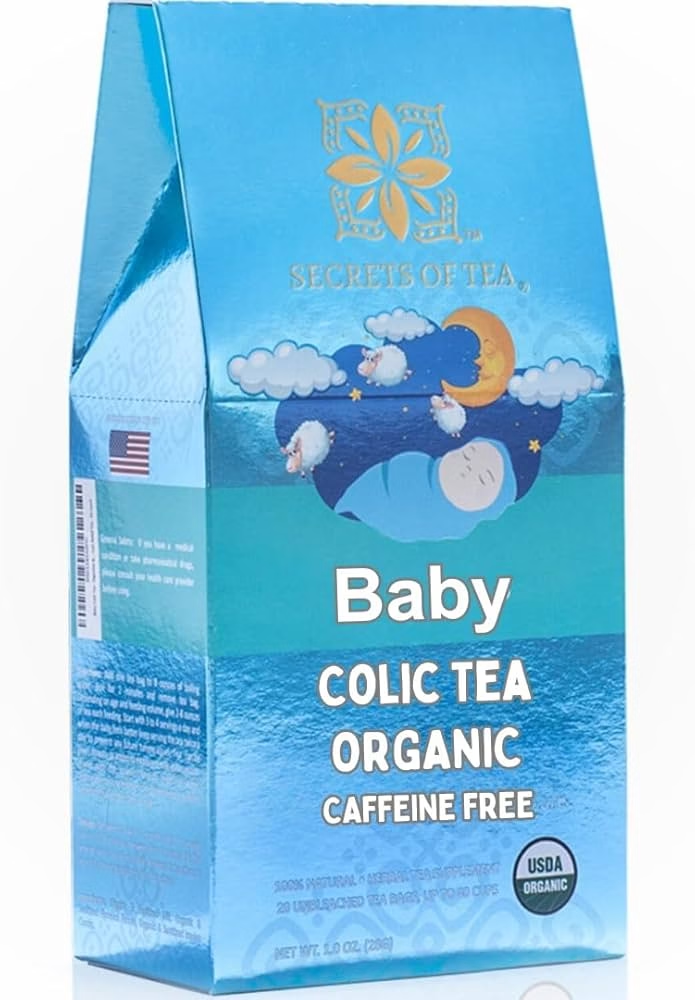Why Do Infants Vomit After Feeding: Uncover Causes
Infants often vomit after feeding due to overfeeding or immature digestive systems. Immature gastroesophageal valves can lead to spit-up or reflux in babies.
Feeding time is a crucial part of an infant’s day, not only for nourishment but also for bonding with parents. However, it can sometimes end with a concerning outcome: the baby vomiting. This common issue is generally the result of an immature digestive system that can’t handle the volume or flow of milk.
Overfeeding is one common culprit, pushing the limits of a baby’s small stomach. Another is gastroesophageal reflux, where the muscle at the top of the stomach isn’t tight enough to prevent stomach contents from coming back up. These incidents tend to decrease as babies grow and their digestive systems mature. Nevertheless, persistent or forceful vomiting may indicate a more serious condition and warrants a visit to a healthcare professional.
Commonality Of Infant Vomiting
Many infants vomit after feeding. This can be quite normal and usually not a reason for alarm. Some people think all vomiting is bad. Most times, it’s just spit-up. Spit-up happens when babies burp up small amounts of milk. It is common and normal. Babies have small stomachs. Their food can come back up when they are full.
Yet, sometimes vomiting may signal a real problem. If a baby vomits large amounts, or very forcefully, it can be serious. This type of throwing up can happen soon after feeding. Keep an eye on how often this happens. Also, if the baby seems in pain or you’re worried, see a doctor. Always check with a healthcare provider for the best advice. They can tell when vomiting is more than normal spit-up.
Identifying Normal Spitting Up Vs. Vomiting
Characteristics of infant spit-up include a gentle flow of milk or formula from the mouth. It may occur shortly after feeding. This is common and usually normal in babies. The amount is typically small. Spit-up happens without much force. Clothes may get a bit wet, but they are not soaked. Babies might spit up if they eat too much or burp. It’s often seen when a baby is laid down after a meal.
Distinguishing forceful vomiting is different. When babies vomit, it is more intense. The flow is sudden and powerful. It can shoot out many inches from their mouth. This is not usual and needs attention. A baby may cry or seem upset before and after vomiting. They might want to eat again right after throwing up.
Feeding Techniques To Reduce Vomiting
Infants often spit up after feeding due to their developing digestive systems. To minimize this, feeding in an upright position is key. This position helps in keeping the milk down and reduces the chances of vomiting.
Regulating the frequency and volume of feeds can also play a role. Small, consistent feedings are better than large ones. The stomach of an infant cannot hold much. This is why smaller amounts of milk more often will likely decrease spit-ups.
| Technique | Benefits |
|---|---|
| Upright feeding | Keeps milk down |
| Small frequent meals | Eases digestion |
Anatomy Of An Infant’s Digestive System
The lower esophageal sphincter (LES) is a muscle that opens for food to enter the stomach. In infants, this muscle is often not fully developed. This can cause milk to flow back into the esophagus.
This backflow is often why babies spit up or vomit. The muscle strengthens as the infant grows older. Until it is fully developed, spit-ups after feedings can happen.
Common Triggers Of Infant Vomiting
Infants may vomit after feeding due to dietary intolerances or allergies. These reactions can upset their tiny stomachs. Lactose intolerance or reactions to proteins found in milk are common causes. Parents should talk to a pediatrician if they suspect an intolerance.
Effects of overfeeding include frequent spitting up and vomiting. To prevent this, feeding smaller amounts more frequently is advised. Ensuring infants burp during and after feeding can also help. Proper feeding positions can reduce the chances of vomiting.
Medical Conditions Leading To Vomiting
Babies may vomit after feeding due to Gastroesophageal reflux (GERD). This condition happens when stomach contents flow back into the esophagus. It’s often because the valve between stomach and esophagus is not working properly. GERD can make babies spit up frequently and show discomfort.
Pyloric stenosis is another medical issue causing vomiting. This condition involves a thickened muscle, blocking food from entering the small intestine. Symptoms typically develop 3 to 5 weeks after birth. They include projectile vomiting, strong hunger after vomiting, and potentially weight loss. Immediate medical attention is essential if you notice these signs.
When To Seek Medical Help
Parents should watch for certain signs in their infants after feeding. Dehydration can develop quickly in young children. Signs include fewer wet diapers, dry mouth, and crying without tears. Noticeable lethargy or irritability also requires attention.
Vomiting might indicate a more serious condition. Seek medical advice if vomiting is repetitive, forceful, or combined with fever.
| Sign | What to Observe |
|---|---|
| Wet Diapers | Less than six in 24 hours |
| Mouth | Dryness, no saliva |
| Crying | No tears when crying |
| Behavior | Lethargy or irritability |
Frequently Asked Questions On Why Do Infants Vomit After Feeding
How Do I Stop My Baby From Vomiting After Feeding?
To prevent your baby from vomiting after feeding, try these tips: Keep them upright during and after meals, avoid overfeeding, burp them regularly, ensure they sleep on their back, and consider adjusting your diet if breastfeeding.
When Should I Worry About My Baby Vomiting?
Worry about baby vomiting if it’s frequent, projectile, accompanied by fever, diarrhea, lethargy, or if they refuse to feed and show signs of dehydration. Consult a pediatrician promptly in these cases.
Should I Feed Baby Again After Vomiting?
After a baby vomits, offer a small amount of fluid to avoid dehydration. Wait for 30-60 minutes before offering food again. Consult a pediatrician if vomiting persists.
Conclusion
Understanding why infants might vomit after feeding is crucial for any concerned parent. It’s often a benign issue of overfeeding or immature digestive systems. Always keep an eye on the frequency and pattern of these spit-ups. Remember, persistent or severe vomiting warrants a pediatrician’s insight.
Proper feeding techniques and positions can help mitigate the issue, ensuring your little one’s comfort and health. Revisiting these tips whenever feeding time comes around is a good practice. Stay observant and reach out for medical advice if you’re unsure.





